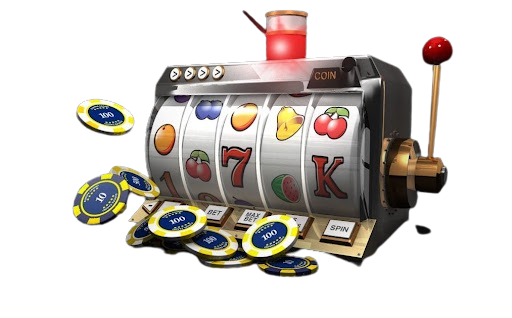Exploring the Enchantment of Games: From Ancient Pastimes to Digital Realms
Games have been an integral part of human culture since time immemorial, transcending generations, cultures, and technologies. From ancient board games etched into the sands of time to the cutting-edge virtual realities of today, the essence of play remains a fundamental aspect of human interaction and entertainment. Let us embark on a journey through the diverse landscape of games, tracing their evolution, significance, and enduring appeal.
The Historical Tapestry of Games:
The history of games is as rich and varied as human civilization itself. Archaeological evidence suggests that board games like Senet and Royal Game of Ur were played as early as 3500 BCE in ancient Mesopotamia and Egypt. These games not only provided amusement but also served as tools for social bonding, strategy development, and cultural expression.
Throughout history, games evolved alongside societal changes, taking on various ASTONSLOT forms and purposes. Chess, originating in India around the 6th century, spread across continents, becoming a symbol of strategy and intellect. Similarly, the dice games of ancient China evolved into the modern game of Mahjong, blending skill, luck, and tradition into a captivating pastime.
The Renaissance of Tabletop Games:
In the 20th and 21st centuries, tabletop gaming experienced a renaissance, fueled by innovation, community, and nostalgia. Games like Dungeons & Dragons revolutionized the concept of role-playing, inviting players into immersive fantasy worlds limited only by imagination. Meanwhile, strategic board games like Settlers of Catan and Ticket to Ride redefined family game nights, blending strategy with accessibility.
The resurgence of tabletop gaming also gave rise to a vibrant community of designers, artists, and enthusiasts. Crowdfunding platforms like Kickstarter empowered independent creators to bring their visions to life, resulting in a diverse array of games catering to every taste and interest. Whether exploring vast galaxies in a space opera or unraveling mysteries in a detective thriller, tabletop games offer an unparalleled avenue for social interaction and creativity.
The Digital Frontier:
With the advent of digital technology, games transcended the confines of physical boards and cards, ushering in a new era of interactive entertainment. Video games, born in the arcades of the 1970s, evolved into sprawling virtual worlds populated by millions of players. From the iconic pixels of Pac-Man to the breathtaking landscapes of open-world epics, video games have evolved into a multi-billion dollar industry, encompassing genres as diverse as action, adventure, simulation, and esports.
The rise of mobile gaming further democratized the medium, placing a vast array of games at our fingertips. Casual players and hardcore enthusiasts alike can now enjoy everything from quick puzzles to epic adventures, anytime and anywhere. Moreover, the rise of virtual reality (VR) and augmented reality (AR) technologies promises to revolutionize gaming once again, blurring the lines between the virtual and the real.
The Power of Play:
At its core, gaming is more than mere entertainment; it is a reflection of human ingenuity, creativity, and social interaction. Games serve as a playground for the mind, fostering critical thinking, problem-solving skills, and emotional resilience. Moreover, they provide a universal language that transcends cultural barriers, bringing people together in shared experiences and forging lasting connections.
As we continue to navigate the ever-expanding universe of games, let us embrace the spirit of playfulness and exploration. Whether rolling dice on a tabletop, wielding a controller in a virtual realm, or engaging in timeless pastimes passed down through generations, let us revel in the enchantment of games, where imagination knows no bounds and the journey is as rewarding as the destination.